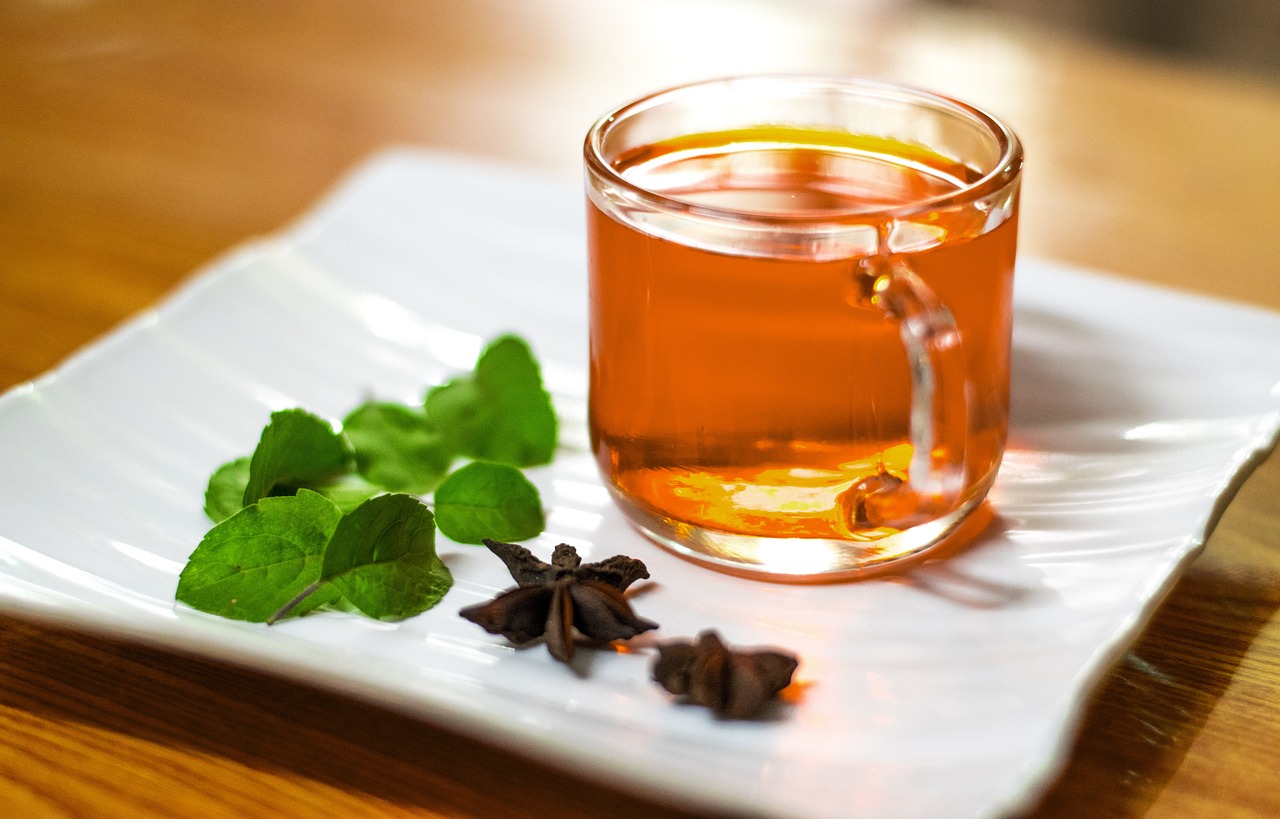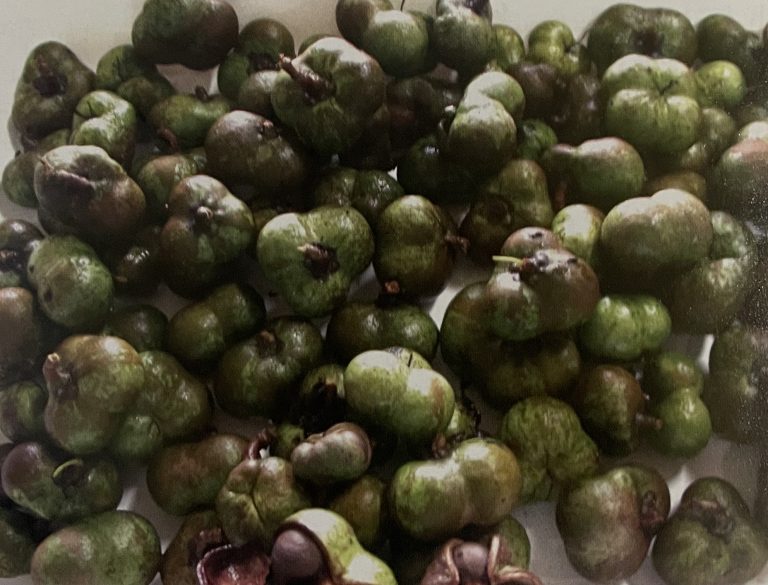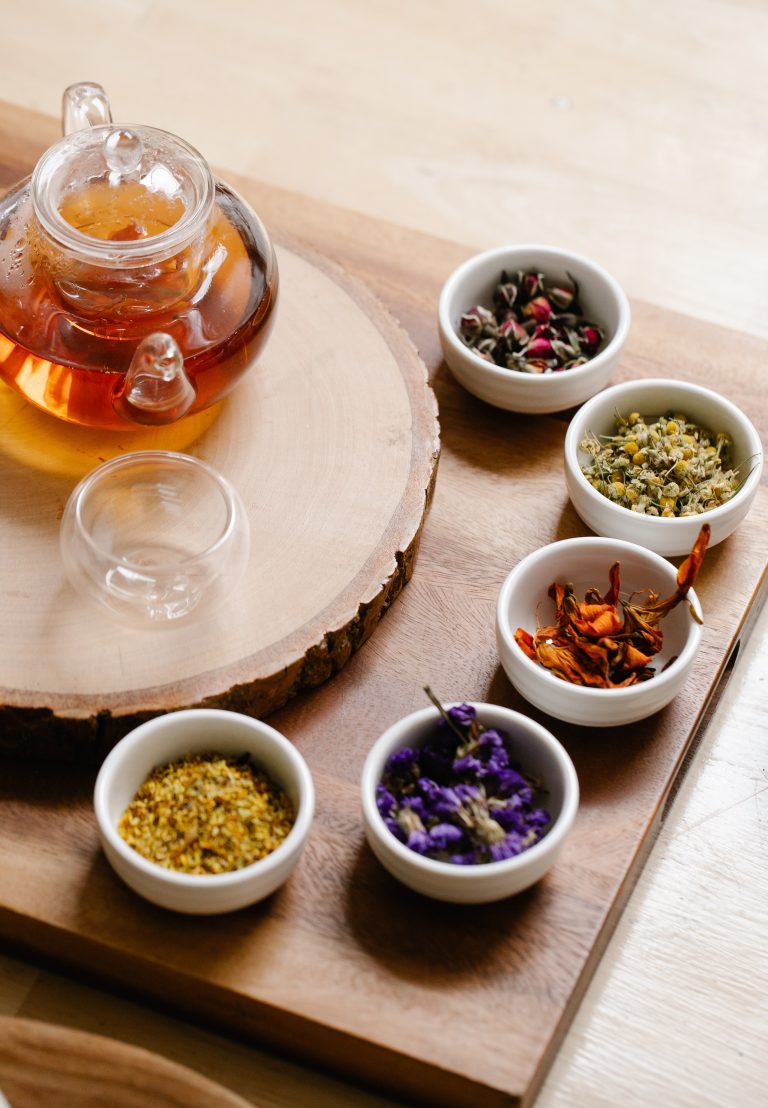Tulsi Tea
For centuries, cultures around the world have embraced the use of herbal remedies for their various health benefits. One such ancient gem that has captured the attention of herbal enthusiasts is tulsi tea. Also known as holy basil, tulsi holds a revered position in Ayurveda, the traditional medicine system of India. Revered for its remarkable medicinal properties and delightful taste, tulsi tea has become a popular choice for those seeking a natural and rejuvenating beverage. Join us as we delve into the enchanting world of tulsi tea and uncover its many wonders.
Tulsi, or Ocimum tenuiflorum, is a herbaceous plant native to the Indian subcontinent and belongs to the Lamiaceae family. It has been cultivated and cherished for over 3,000 years, with its roots deeply embedded in Indian culture and spirituality. Considered a sacred plant, tulsi is often found in the courtyards of Hindu households, where it is worshipped as the goddess of abundance and protection.
What sets tulsi tea apart is its exceptional range of health benefits. Packed with antioxidants, vitamins, and essential oils, it offers a holistic approach to well-being. Tulsi contains bioactive compounds such as eugenol, rosmarinic acid, and ursolic acid, which possess anti-inflammatory, antimicrobial, and adaptogenic properties.
One of the key advantages of tulsi tea lies in its stress-relieving capabilities. As an adaptogen, tulsi helps the body adapt to various stressors, be they physical, mental, or environmental. It aids in balancing cortisol levels, the stress hormone, and promotes a sense of calm and relaxation. Sipping a warm cup of tulsi tea after a long day can help soothe the mind, uplift the spirits, and restore a sense of tranquility.
Moreover, tulsi tea offers immune-boosting properties. Its potent antioxidants bolster the body’s defense mechanisms, shielding it from the harmful effects of free radicals and oxidative stress. The immune-enhancing properties of tulsi can help fend off common ailments and promote overall vitality.
In addition to its stress-reducing and immune-supporting qualities, tulsi tea has been known to aid digestion. It stimulates the production of digestive enzymes, facilitating the breakdown of food and the absorption of nutrients. Regular consumption of tulsi tea can soothe gastrointestinal discomfort, reduce bloating, and promote a healthy digestive system.
Beyond its medicinal attributes, tulsi tea enchants the senses with its delightful flavor and aroma. The leaves of the tulsi plant emit a captivating fragrance reminiscent of clove, mint, and lemon. When steeped in hot water, the tea releases these aromatic compounds, creating a refreshing and invigorating brew. Tulsi tea can be enjoyed plain or blended with other herbs like chamomile, ginger, or lemongrass to create a customized infusion tailored to individual preferences.
To prepare tulsi tea, start by bringing a cup of water to a boil. Add a teaspoon of dried tulsi leaves or a few fresh leaves to the boiling water and let it simmer for about five minutes. Strain the tea and savor its warm and soothing essence. For added flavor, a dash of honey or a squeeze of lemon can be incorporated.
As with any herbal remedy, it’s important to exercise caution and consult a healthcare professional, especially if you have specific health conditions or are on medication. While tulsi tea is generally safe for most individuals, it’s always wise to seek guidance when introducing new elements into your wellness routine.







